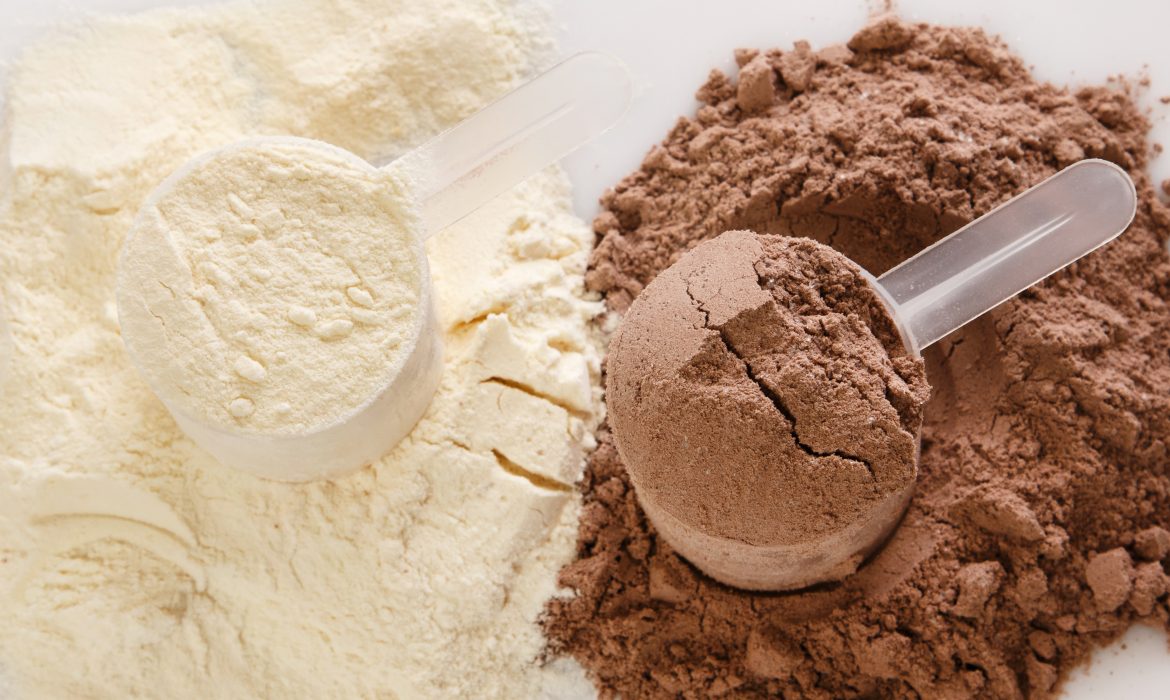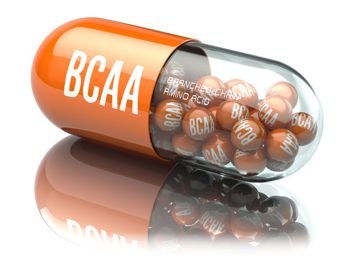
All About Protein Powders

Everything You Need To Know Before You Buy Protein Powders
If you’ve been to a supplement store for protein formula, you may have found the array of options confusing. Not just whey vs casein, but labels proclaiming ‘Concentrate’, ‘Isolate’, ‘Hydrolyzed’, and ‘Blend’. What does all of this mean? Is one of them better than the others? Why does Isolate cost more than Concentrate? And what about MiCellar Casein? In this post, we’ll tell you everything you need to know about protein powders in all their various forms. Your local supplement store will be glad to sell you a wide variety of protein powders, from whey isolate to micellar case. But what are they, and when should you use them?
But first…
Protein powders available in supplement stores come in two varieties, whey, and casein. We’ve already covered what these are and when you should be using each of them in a previous post: Bodybuilding: What You Don’t Know About Protein Powders.
Protein Powders
Protein is an essential part of our diet and plays a crucial role in building and maintaining muscle mass, supporting fat loss, and overall health. If you are also looking to increase your protein intake, protein powders can be a convenient and easy way to supplement your diet.
However, with so many different types of protein powders available, it can be difficult to know which one to choose.
Whey Protein Powder
One of the most popular types of protein powders is whey protein. This is a complete protein source that is rapidly absorbed by the body. But it comes in a number of different forms.
Whey Concentrate
Whey protein concentrate is a less processed form of whey protein, which means it contains a higher amount of carbohydrates, fat, and lactose.
Despite the impressive-sounding name, whey concentrate is whey in its most basic form. It has the advantage that it’s relatively cheap, but it contains a lot of stuff that isn’t protein, such as lactose (milk sugar) and fat.
Lactose means it’s the protein powder most likely to cause cramping and other digestive discomforts. If you use this stuff, be prepared for your body to take a few days to get used to it. (But as you’ll see in a minute, that doesn’t mean you shouldn’t use it.)
Whey Isolate
Whey protein isolate is a more refined form of whey protein that contains a higher percentage of protein and fewer contaminants. This is concentrated with most of the non-protein stuff filtered out.
It costs more because of the extra processing, although my understanding is that the processing isn’t that difficult, so it’s also almost certainly a bit of a rip-off.
Hydrolyzed Whey Isolate
A second round of processing takes Isolate and breaks it down further for easier and quicker digestion. It sounds good in theory for a post-workout daily protein.
We want to get that protein to our muscles during the ‘golden hour’ immediately following the workout, but in actual fact, the increased speed of absorption isn’t significant and for most of us doesn’t justify the extra expense, which is even higher than it is for an isolate.
Blend
What it sounds like. A blend of the 3 types above, although often only concentrate and isolate. You’ll need to read the label to find the proportions.
Pea Protein
If you follow plant-based protein powders or have a lactose intolerance, pea protein is the best protein powder option. Pea protein supplementation is a complete source of protein that is high in essential amino acids and has a good amino acid profile.
The quality protein supplement is also easily digestible and has a neutral flavor, which makes pea protein powder an ideal option for those who want to add a protein powder supplement to their smoothies or protein shakes.
Other Protein Supplement Powders
There are also many protein powders available, including vegan protein powder, soy, rice, and hemp. Each type of protein powder has its own unique benefits and drawbacks, so it’s important to choose a protein powder that fits your specific needs and preferences.
For example, soy protein contains high protein of essential amino acids, but it is also possible that these protein powders contain anti-nutrients that can interfere with the absorption of other nutrients.
Brown rice protein, on the other hand, is a hypoallergenic option that is easy to digest but may not provide as much amount of protein as other options.
To Buy Protein Powders: Which is the Best Protein Powder?
In my opinion, either Concentrate or Isolate. If you have trouble digesting lactose products, you’ll probably have to spring for the extra expense of isolate. Otherwise, the additional non-protein stuff in the concentrate really isn’t harmful in any way.
If you can digest the cheap stuff, save yourself some money and go with that.
Using a protein powder blend is also OK but again, it doesn’t really confer any real advantage. Whey protein is a fast-absorption protein by its very nature.
Having some extra stuff in there will make very little difference to the absorption rate, and the proteins that are used to build muscles are exactly the same across all the different types.
Knowing what kind and how much protein per day to use from a range of protein powders can be the difference between huge gains and struggling for every ounce of hard-earned muscle.
If you do have problems digesting lactose and you find that even an isolate or hydrolyzed one still gives you issues, try switching to a different brand.
Not all protein powders are created equal. You may find that your body handles one brand tolerably well, while another will leave you bloated and gassy.
What About Casein Powders?
You’re not likely to see casein isolate or hydrolyzed casein – although given the undeniable fact that the supplements industry is typically long on hype and short on delivery, I wouldn’t rule it out.
The purpose of casein protein is to be long-digesting, so doing anything to it that speeds digestion would be working at cross-purposes. There are, however, three different types of casein protein. Calcium Caseinate, Micellar Casein, and Milk Protein Isolate.
Calcium Caseinate
I’m including this here just to be thorough. Calcium caseinate isn’t used in powdered forms of protein as a supplement. It’s a food additive.
To be honest, I’m not even sure what it’s added for, but since the intake of protein ‘Calcium caseinate’ has nothing to do with building or preserving muscle, we can safely not care.
Micellar Casein
This is the purest form of casein. It digests over a period of up to 8 hours (closer to six if you’re active). And as already mentioned, its purpose is to prevent muscle loss during a cutting cycle or endurance event.
I typically take two or three servings per day when I’m intentionally shorting myself calories and it is extremely effective at preventing muscle loss during these periods.
If you’re not cutting through, any casein powder is probably not needed, assuming that you’re eating a healthy diet with a good amount of protein per scoop.
Milk Protein Isolate
Sounds fancy, but it’s really just a blend of micellar casein and whey protein isolate. The concept is that you can take this as a post-workout protein and the whey isolate will feed your muscles during the golden hour, then the casein will prevent muscle loss during the five to seven hours that follow.
If you’re doing your weight training in the morning, then eating a healthy breakfast immediately after, using this stuff is literally just flushing money down the toilet. Curious to know what I eat for my breakfast? Read What I Eat for Breakfast.
However, if you’re an evening trainer, there could be some advantages to this, especially if you’re not eating a meal following your workout.
What About BCAAs?
I know, I didn’t really talk about BCAAs. I didn’t because it’s not important from a strictly practical standpoint. BCAA stands for Branched Chain Amino Acid. These are the amino acids that are most important for muscle growth.
There’s a higher concentration of them in whey protein over casein protein. So why doesn’t it matter? Because if you’re taking casein protein, you’re likely cutting and the whole purpose of taking protein powder is to prevent muscle loss during the cutting cycle rather than to gain more

While understanding what Branched Chain Amino Acids are and what they do in the body is interesting, it’s not essential knowledge. Whey protein has lots of these little guys, and they help you to build muscle.
Lower concentrations of BCAAs then are unimportant in this case. Yes, BCAAs are one of the reasons that whey protein works better than casein for building muscle, especially post-workout.
But since you’re already taking whey post-workout for its fast absorption, the BCAA concentration is really just a scientific curiosity for those of us who care about that stuff.
Will Dove
Latest posts by Will Dove (see all)
- Body Weight Training 2.0: Calisthenics - 22 Apr
- All About Protein Powders - 9 Apr
- Top 5 Fitness Trends for 2019 That You Should Try - 30 Mar




